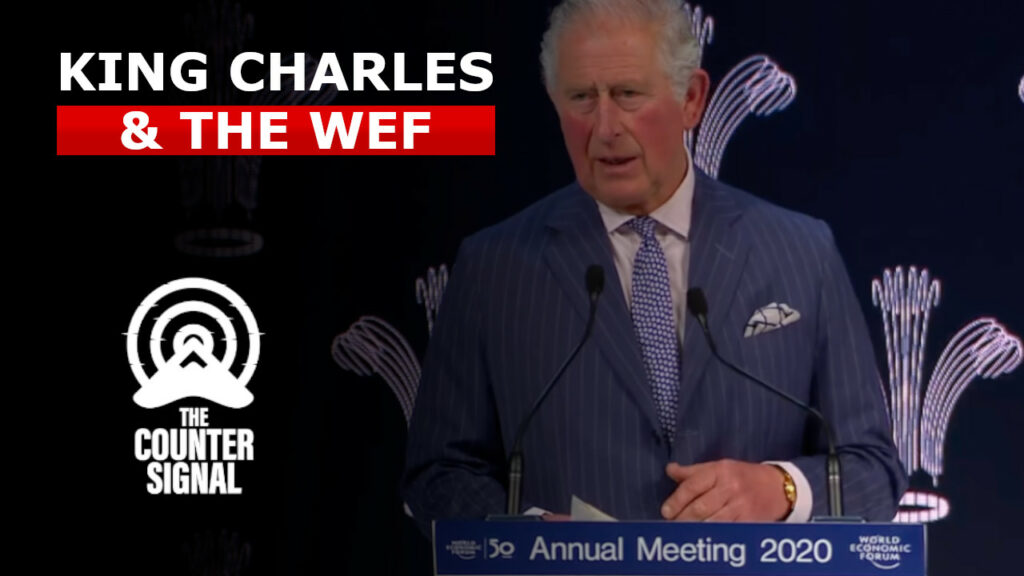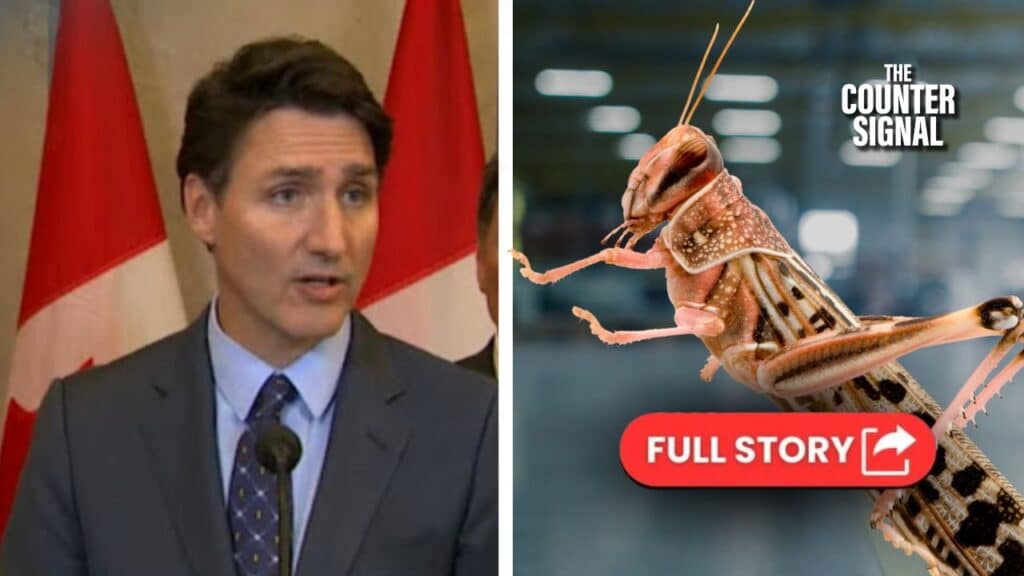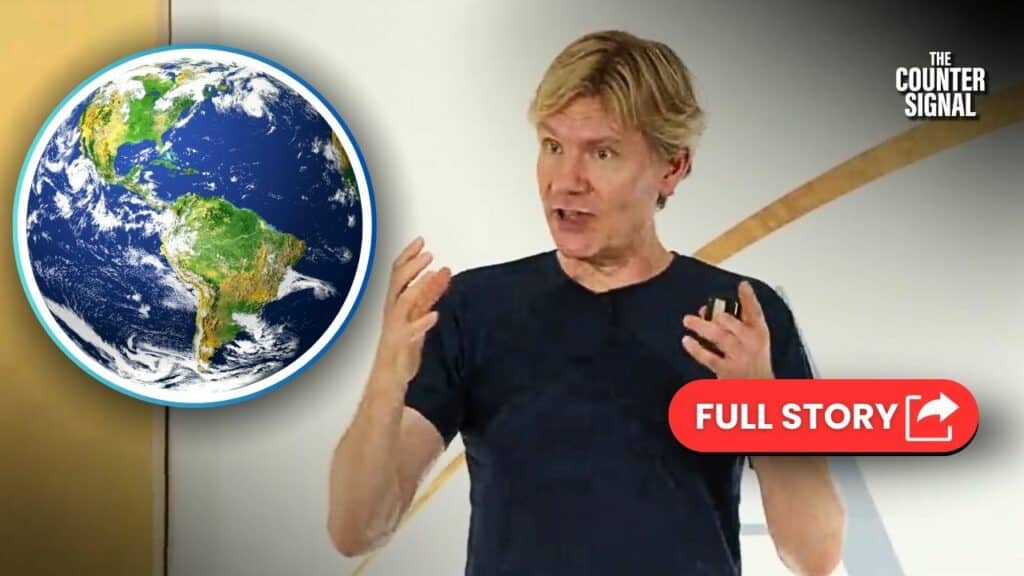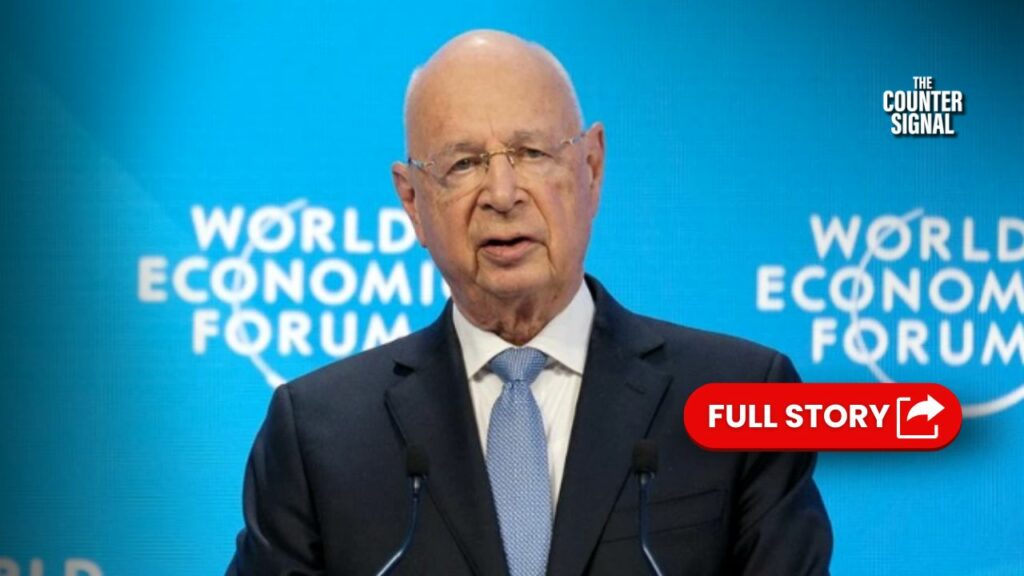Based on comments he made at a 2020 Davos speech, King Charles appears to be a staunch supporter of the WEF Great Reset agenda.

Two years ago, Klaus Schaub stood behind a podium and welcomed then-Prince Charles to speak. Charles hadn’t appeared at the WEF Davos meeting in 30 years, but he was prepared to give a special address.
“We are in the midst of a crisis that is now, I hope well, understood,” Charles began.
“Global warming, climate change, and the devastating loss of biodiversity are the greatest threats humanity has ever faced and one largely by our own creation.”
“I have dedicated much of my life to the restoration of harmony between humanity, nature, and the environment, and to the encouragement of corporate, social, and environmental responsibility.”
I believe it was a huge mistake for King Charles as he now is to make public statement in favour of the WEF & it's Great Reset. Many are deeply unhappy about this. Now is a time for mourning, but these matters can't be forgotten. The throne must not be used to push these agendas.
— Mike Yardley (@YardleyShooting) September 8, 2022
Charles said it’s time to ramp up efforts to fulfil this plan and “evolve our economic model.”
“To move forward, we need nothing short of a paradigm shift. One that inspires action at revolutionary levels and pace,” he said. “And with this in mind, I am delighted to be launching a sustainable market initiative with the general support of the World Economic Forum.”
The comments from King Charles echo those of the Great Reset and WEF leader, Schaub himself.
“The past decade has shown us just how quickly industry transformation can happen when you re-imagine and re-engineer the business model,” Charles continued.
He said changing things will require bold actions from “decisive” leaders.
Furthermore, the former prince advocated for the UN’s Sustainable Development Goals. He also pushed for the Paris Commitment so that “we all pull together” in a “global initiative” that requires ten actions, which he said include:
- “Shifting our default setting to sustainable” with everyone in a leadership role placing sustainability at the forefront of all businesses and industries.
- “Outlining responsible transition pathways to de-carbonize and move to net-zero.” He also suggested that competition in this area “could go a long way.”
Exxon is rated top ten best in world for environment, social & governance (ESG) by S&P 500, while Tesla didn’t make the list!
— Elon Musk (@elonmusk) May 18, 2022
ESG is a scam. It has been weaponized by phony social justice warriors.
ESG – This is the standard of Environmental, sustainable and social governance the WEF want all companies to be held to. Financial institutions and governments all falling in line.
— Bernie's Tweets (@BernieSpofforth) September 4, 2022
If the economic depression doesn’t kill small businesses off, ESG will! pic.twitter.com/pHTsqnMDDL
- “Re-imagining industries through the lens of sustainable markets.”
- “Identifying game-changers and barriers to transition.” He cited barriers like policy, regulations, infrastructure and investments.
- “Reversing perverse subsidies and improving incentives for sustainable alternatives,” like pollution taxes via public policy.
- “Investing in stem, innovation, and research and development,” he said, adding that sustainability and profitability should no longer be mutually exclusive.
- “Investing in nature as the true engine of our economy.”
- “Adopting common metrics and standards,” he said, arguing that new technologies should adopt a global metric so people know the goods and services they buy are sustainable.
“Through new technologies, we have the ability to tag, track, and trace supply chains in unprecedented ways, so it is time to make this level of supply chain transparency the norm.”
- “Making the sustainable options the trusted and attainable options for consumers.” For example, adopting communication strategies to inform consumers of their carbon footprint.
- “Connecting investments to investable using platforms that can rapidly scale solutions.”
Charles concluded by highlighting current examples of sustainable investing, including solar power. Shortly after the event, the then-prince hopped in his private jet and flew home.












